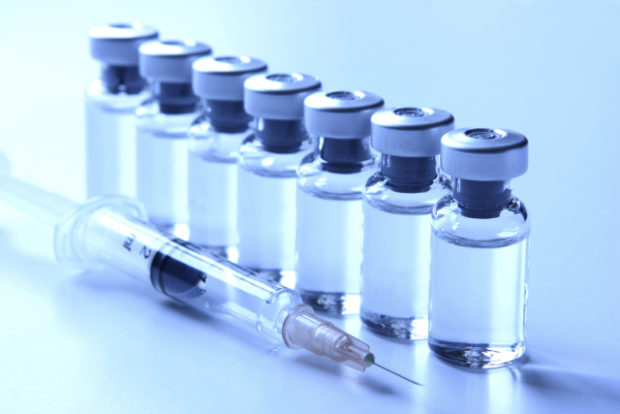
Several other trials are currently underway to find a vaccine. Image: JurgaR/Istock.com
U.S. health authorities said Monday they were halting a trial in South Africa of an experimental HIV vaccine after it proved ineffective at preventing the infection.
The study, named HVTN 702, began in 2016 and involved the only vaccine candidate ever shown to provide some protection against the virus that causes AIDS, in an earlier trial in Thailand in 2009.
“An HIV vaccine is essential to end the global pandemic, and we hoped this vaccine candidate would work,” said Anthony Fauci, director of the National Institute of Allergy and Infectious Diseases which sponsored the work. “Regrettably, it does not.”
The trial enrolled about 5,400 HIV-negative volunteers at 14 sites across South Africa, consisting of sexually active men and women aged 18 to 35 years old.
They were randomly assigned to receive either the vaccine regimen or placebo injections, receiving six doses over 18 months.
In order to ensure the safety of the participants, they were also provided access to prophylactics including oral pre-exposure prophylaxis (PrEP), a medication that when taken daily has been shown to be highly effective at preventing HIV infection.
In an analysis, researchers examined the data from both groups after the participants had been involved in the study for more than 18 months — the minimum time required for the vaccine regimen to stimulate an immune response.
It found that 129 HIV infections occurred among the vaccine recipients, and 123 HIV infections occurred among the placebo recipients, and the trial was therefore called off.
“Whilst this is a significant setback for the field, we need to continue the quest for a preventive vaccine,” said Linda-Gail Bekker, the trial’s protocol lead and past president of the International AIDS Society.
Several other trials are currently underway to find a vaccine. One is being carried out in sub-Saharan Africa and South Africa; another involves multiple sites in North America, South America and Europe.
Another cutting-edge trial is investigating whether broadly neutralizing antibodies (bNAbs) can be effective in preventing infection.
South Africa has one of the highest HIV rates in the world. According to UNAIDS, more than 20% of the adult population ages 15-49 in South Africa are living with HIV, and 240,000 people acquired HIV in 2018. NVG
RELATED STORIES:
505 OFWs diagnosed with HIV in 2019, up by 12% from 2018 — ACTS-OFW
White Americans far likelier to receive HIV prevention drug than minorities